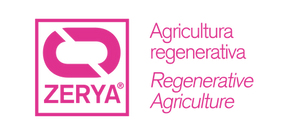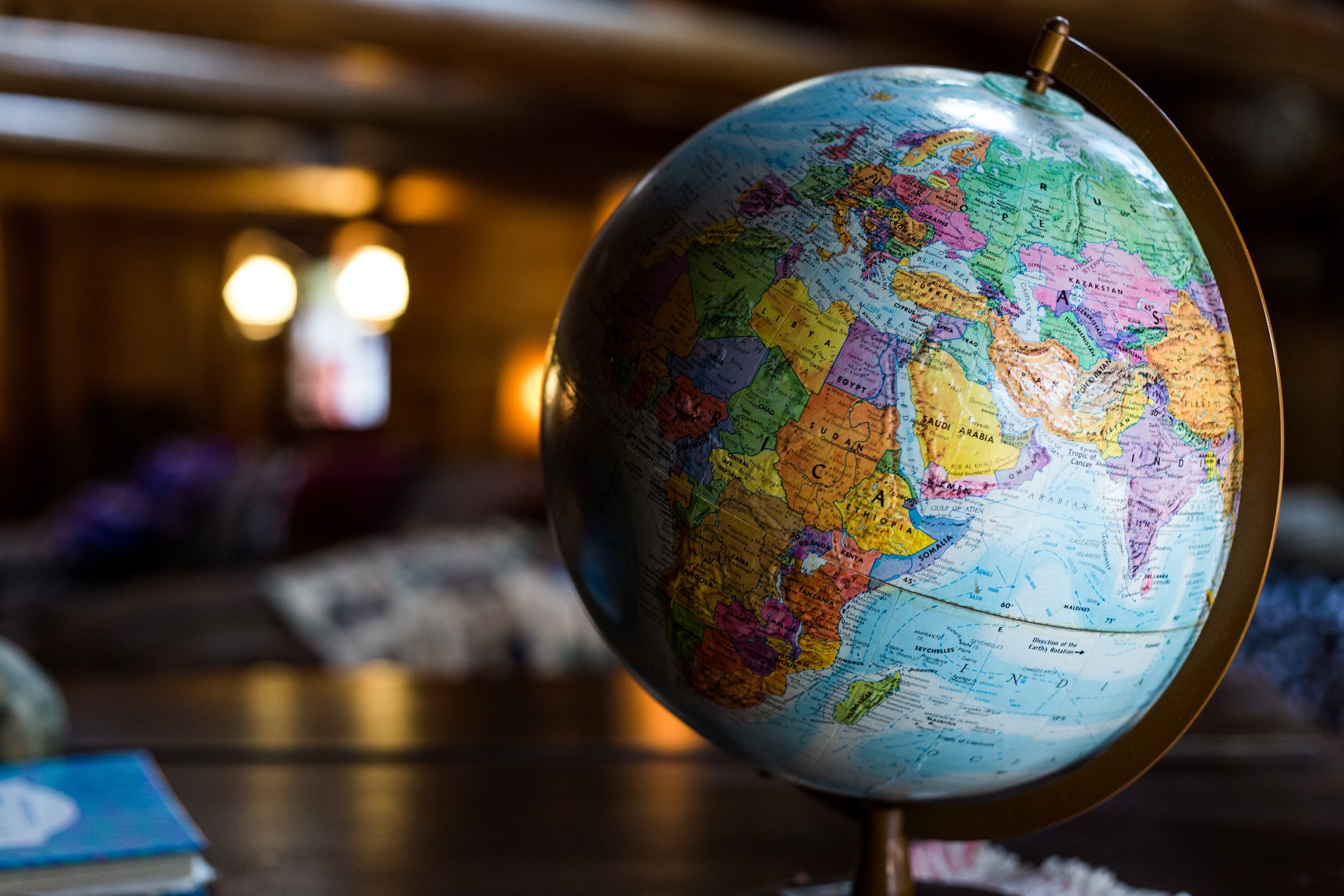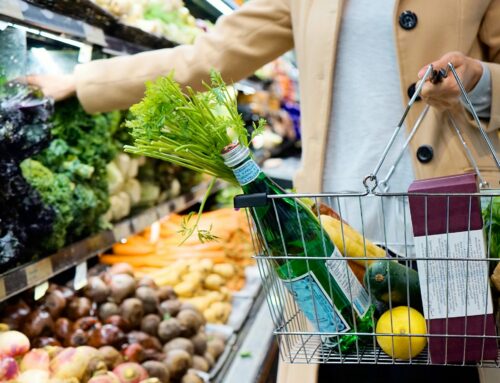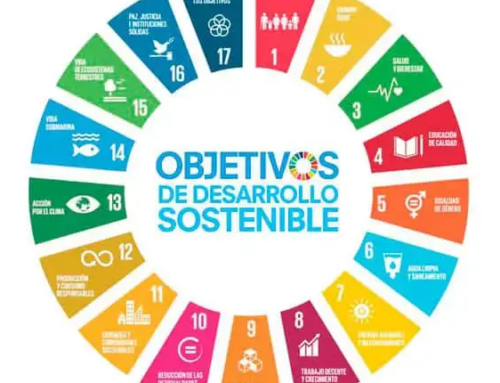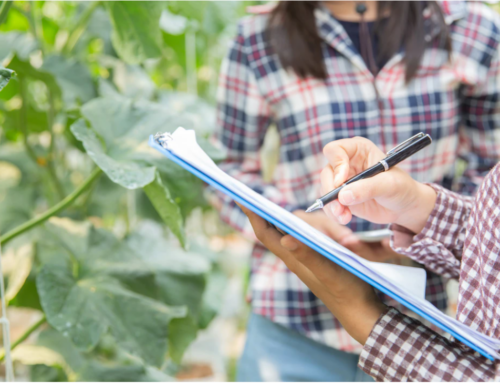Do you know what the labels on the food products you buy mean? Do you know the differences between organic, fair trade, animal welfare or integrated production labels? In this article we explain the 15 most frequent labels in the Spanish agri-food sector, their definition, uses and products that use them. This will allow you to make more informed food choices and support more sustainable and responsible practices.
**Ecolabels**
Organic labels identify food products that have been produced according to organic farming standards, i.e. without the use of synthetic chemicals, GMOs, hormones or antibiotics, and respecting the environment and animal welfare. These products are subject to periodic inspections by certifying bodies authorized by the competent authorities.
There are different eco-labels depending on the geographical area to which they refer. The most common is the European Union Ecolabel, which applies to products from any member country and ensures compliance with Regulation (EC) No. 834/2007 on organic production and labeling of organic products. This label consists of a green rectangle with a leaf formed by white stars and the word “ecological” in the language of the country of sale.
In addition to the European eco-label, there are other national or regional eco-labels that can coexist with or replace the previous one. For example, in Spain there is the logo of the Andalusian Committee of Organic Agriculture (CAAE), which certifies organic products produced in Andalusia; the logo of the Catalan Council of Organic Agricultural Production (CCPAE), which does the same in Catalonia; or the logo of the Council of Organic Agricultural Production of the Principality of Asturias (COPAE), among others.
Products bearing one of these eco-labels are usually fruits, vegetables, cereals, pulses, oils, wines, dairy products, eggs, meat, fish or honey, among others.
**Fair trade labels**
Fair trade labels indicate that food products have been sourced through fairer and more equitable trade relations with producers and workers in developing countries. These relationships are based on the payment of a fair price that covers production costs and allows for decent living conditions; respect for human and labor rights; non-exploitation of children; gender equality; environmental protection; and the promotion of sustainable development.
There are several international organizations that award fair trade seals or certificates to products that comply with these principles. Some of the best known are Fairtrade International, World Fair Trade Organization (WFTO) or Fair for Life. These organizations have national or regional networks or associations that are responsible for verifying and monitoring compliance with fair trade criteria.
The products that usually carry these fair trade labels are coffee, tea, cocoa, chocolate, sugar, tropical fruits, spices, rice or quinoa, among others.
**Animal welfare labels**
Animal welfare labels identify food products from animals that have been raised with respect for their physical and psychological needs, ensuring their health, comfort and natural behavior. These labels imply compliance with minimum standards of animal housing, feeding, handling and transport, as well as the absence of mistreatment or unnecessary suffering.
As in the previous case, there are different international, national or regional organizations that award animal welfare seals or certificates to products that meet these requirements. Some of the most recognized are the World Organization for Animal Health (OIE), which establishes international animal welfare standards; the European Animal Welfare Association (Eurogroup for Animals), which promotes animal welfare in the European Union; or the Asociación Nacional para la Defensa de los Animales (ANDA), which certifies animal welfare in Spain.
Products that usually carry these animal welfare labels include eggs, milk, meat, fish and honey, among others.
**Integrated production labels**
Integrated production labels identify food products that have been produced according to the rules of integrated production, i.e. an agricultural production system that combines the rational use of natural resources and means of production with respect for the environment and food safety. These products are characterized by using biological or cultural pest and disease control methods, reducing the use of phytosanitary products and chemical fertilizers, and improving food quality and traceability.
Integrated production is regulated by Royal Decree 1201/2002, of November 20, 2002, which regulates the integrated production of agricultural products. This Royal Decree establishes the general requirements for integrated production and creates the national logo that identifies these products. This logo consists of a green circle with the words “integrated production” and a stylized leaf.
In addition to the national logo, there are other regional or sectorial logos that can coexist with or replace the previous one.
